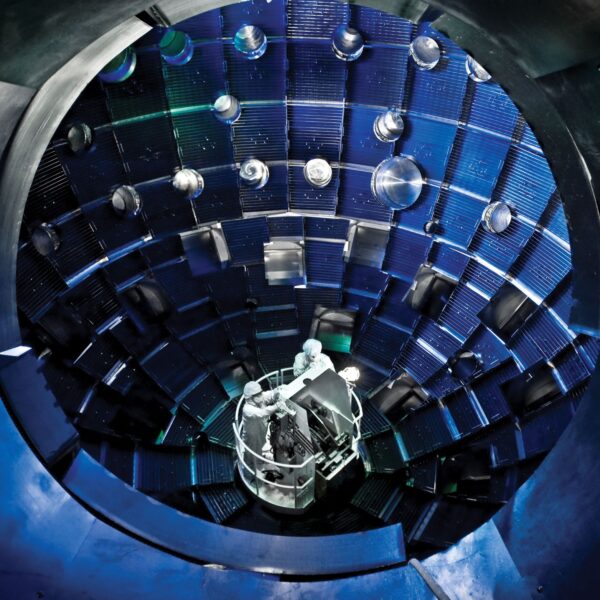Intel previews latest Xeon processors and Edge Platform at MWC
The chips have been designed to handle applications and AI workloads and form part of Intel’s ‘AI Everywhere’ vision which will support 5G, Edge, and enterprise infrastructures.
Scheduled to be released in the first half of this year, Sierra Forest is built on the Intel 3 process based on the Intel 7 node and offers up to 288 Efficient-cores (E-cores) per socket. Intel says this makes it well-suited for 5G core workloads to “advance network core performance and power savings,” with the chip able to deliver a 2.7 performance per rack improvement when compared to its prior generation platform (although it does not specify which one).
The CPUs will also feature an updated version of the Intel Infrastructure Power Manager (IPM) software which Intel says will provide average power savings of 30 percent without impacting on key telco performance metrics.
Designed for Edge solutions, Granite Rapids-D has built-in AI acceleration and will feature the latest generation of Performance-cores (P-cores). Granite Rapids-D is based on Intel’s 4th Gen Xeon Processors, also known as Sapphire Rapids EE, which reduced power consumption of vRAN workloads by 20 percent while doubling network capacity.
Using Intel AVX for vRAN and vRAN Boost, Intel says these new processors will also deliver “significant gains in performance and power efficiency” on a global scale.
Granite Rapids-D is set to launch in 2025, following the launch of Granite Rapids server CPUs in 2024. Ahead of the launch, Intel is releasing a Development Kit to select partners which will allow them to build, train, optimize, and deploy AI models for vRAN use cases.
To date, Intel says it has more than 90,000 Edge deployments across 200 million processors sold in the last two years. To help customers take advantage of Edge AI opportunities, Intel is also launching its Edge Platform – codenamed Project Strata – which will include support for heterogeneous components.
The company said it will provide lower TCO and zero-touch, policy-based management of infrastructure and applications, and AI across a fleet of edge nodes with a single pane of glass. AI runtime supported by OpenVINO inference will enable real-time AI inferencing optimization and dynamic workload placement for application deployment within the infrastructure software.
Project Strata is expected to be available later this quarter.
Source: DataCenterDynamics






